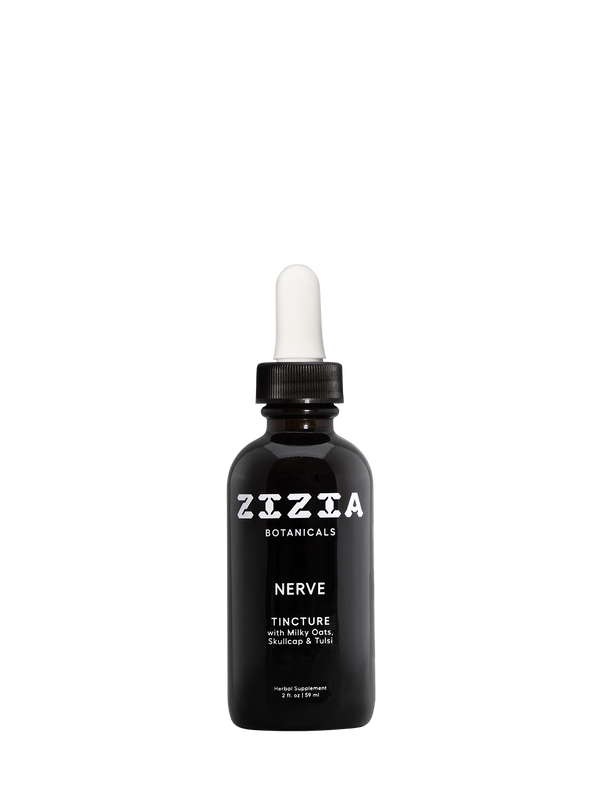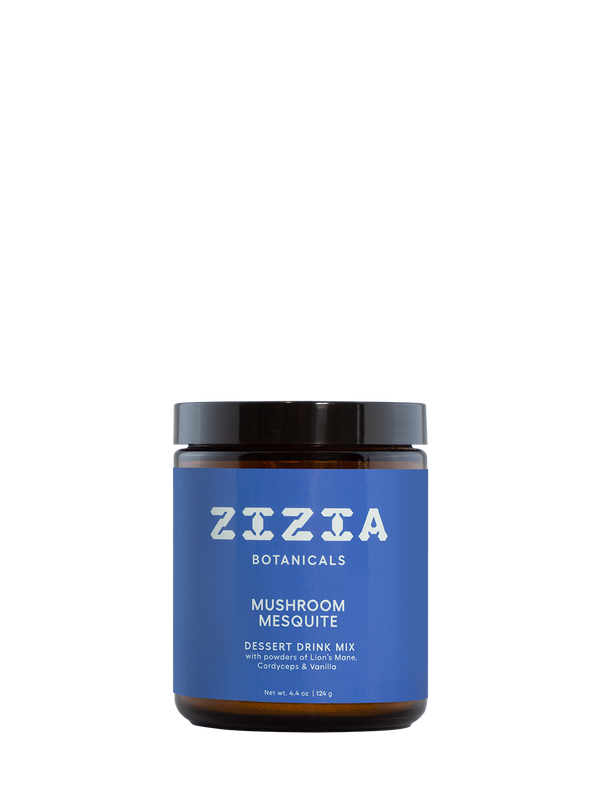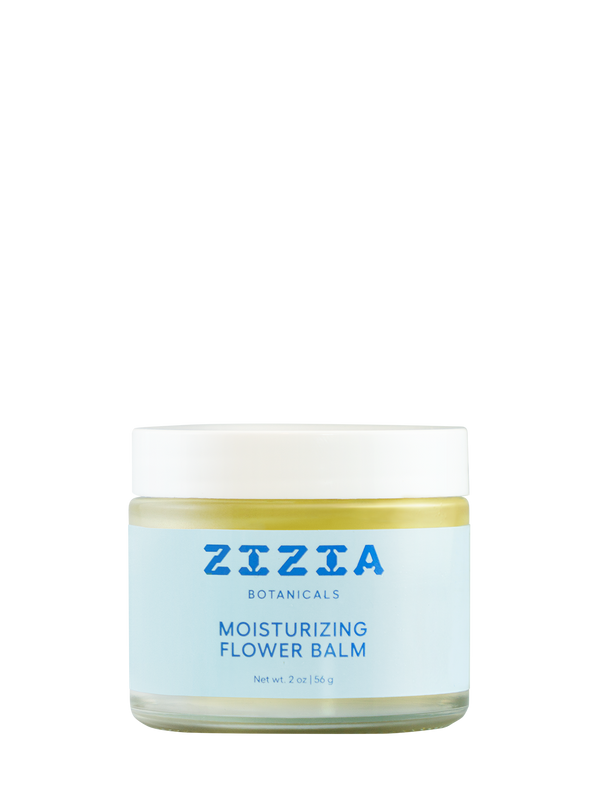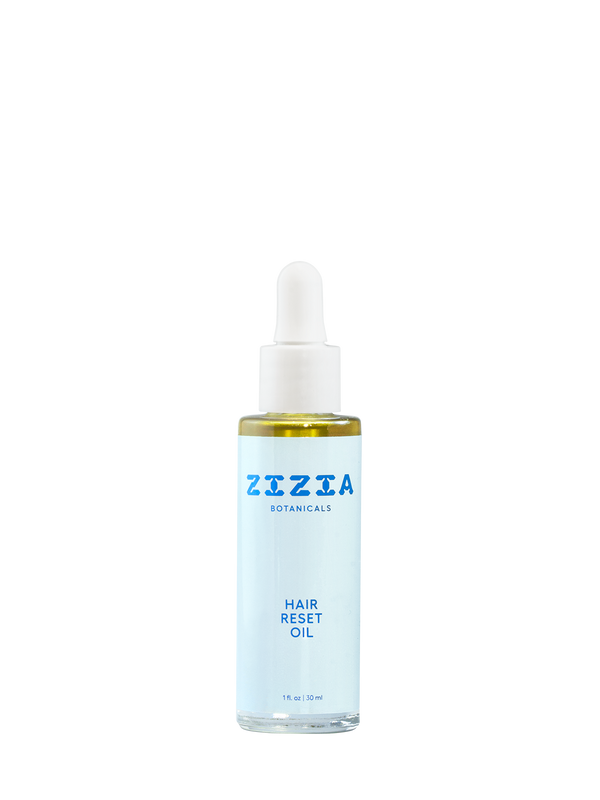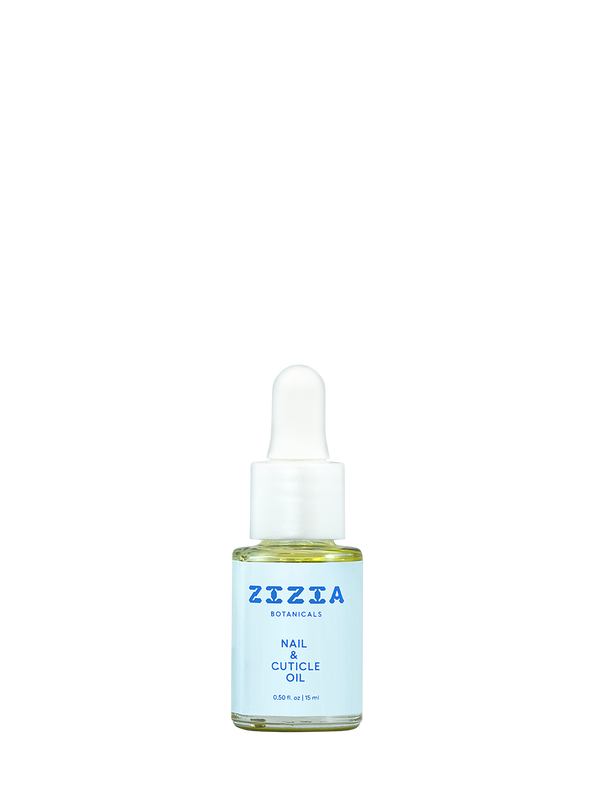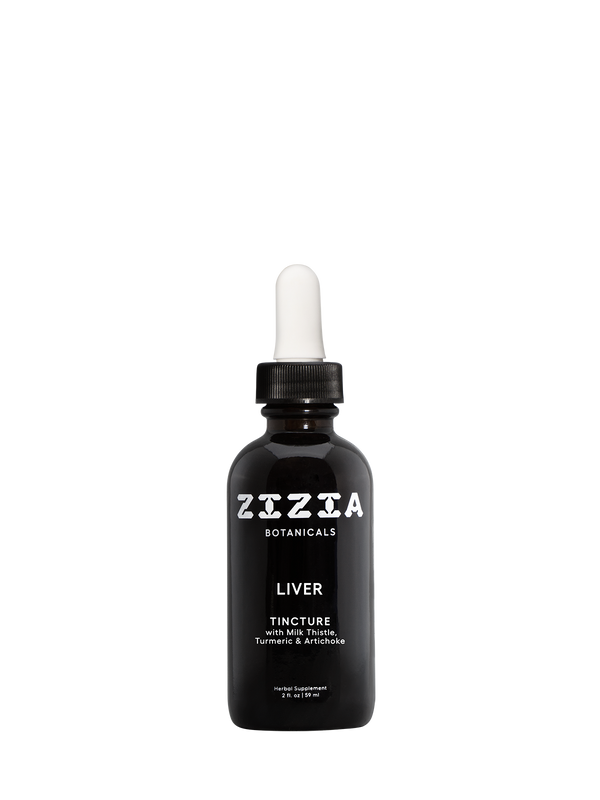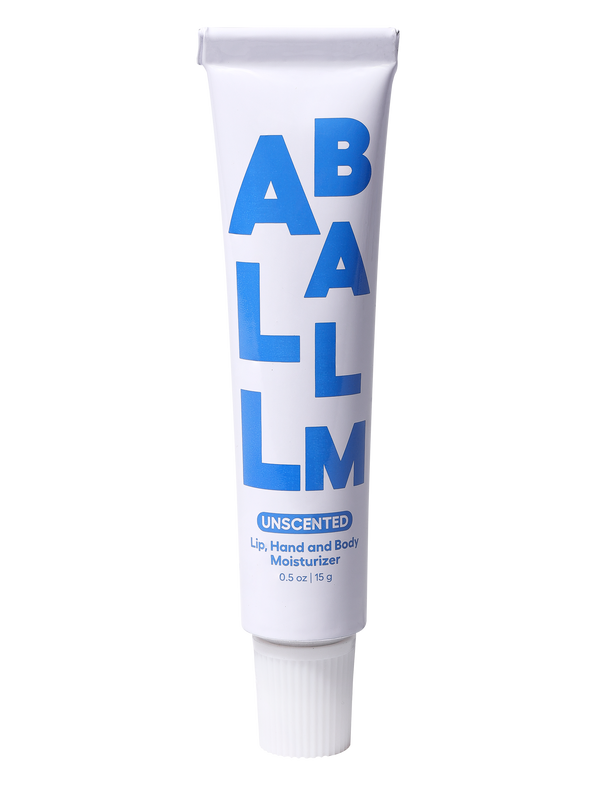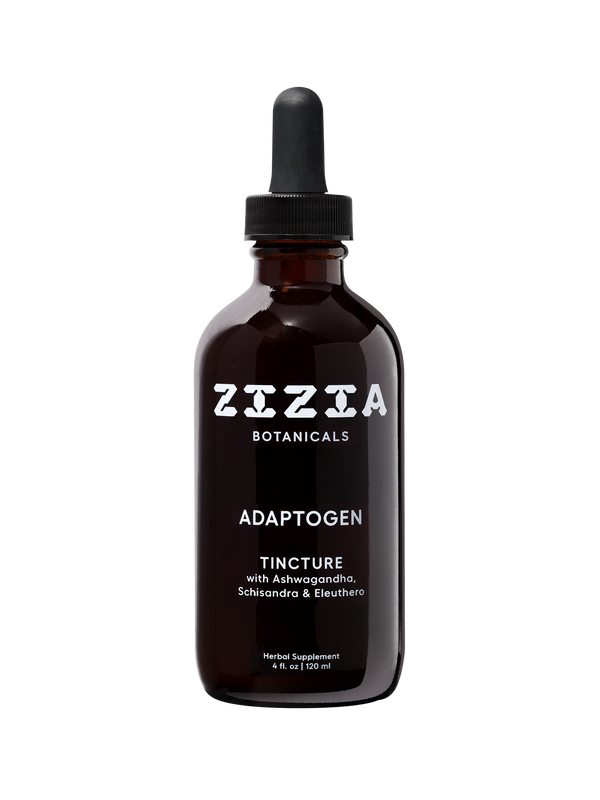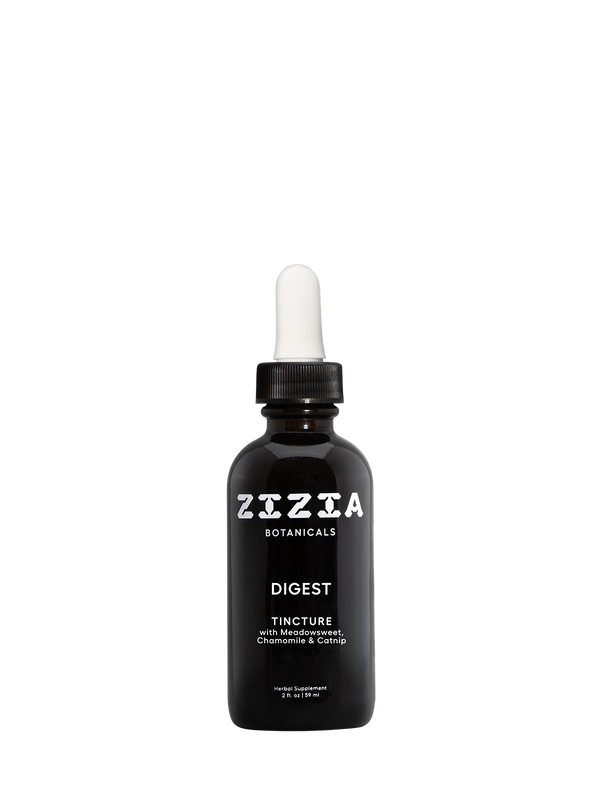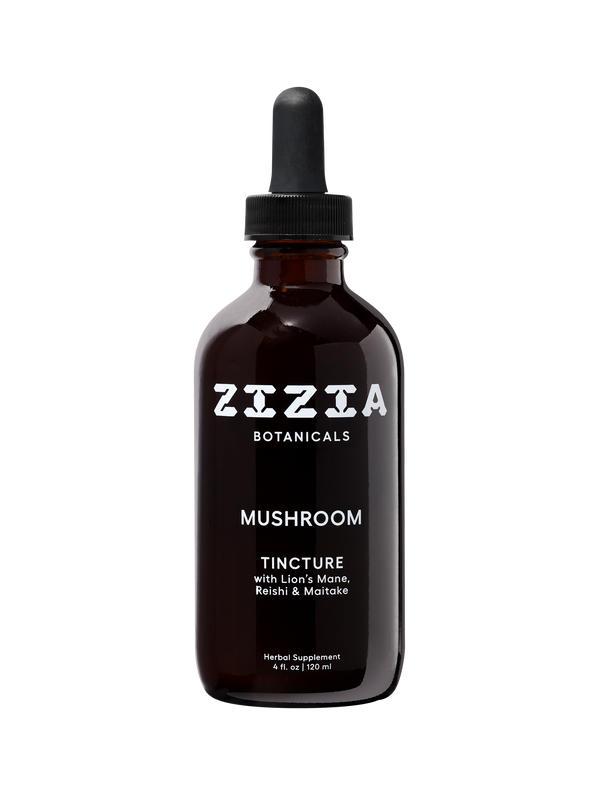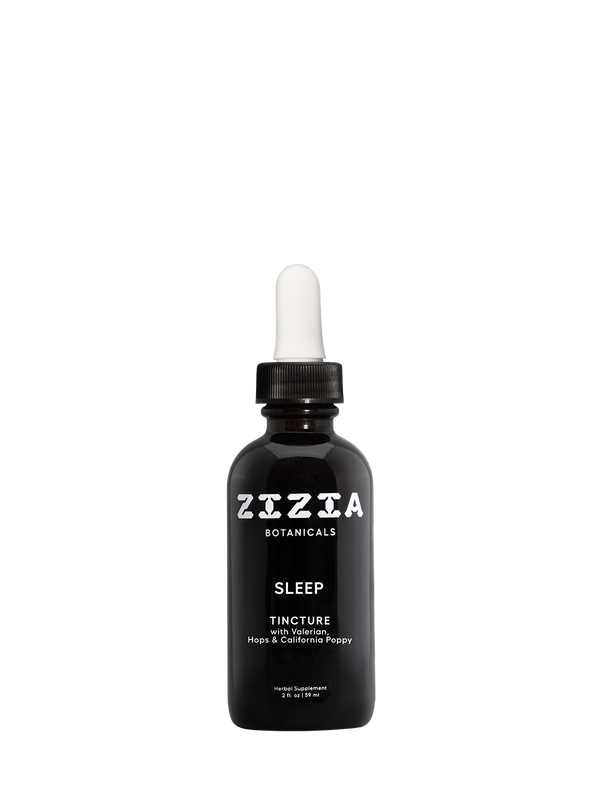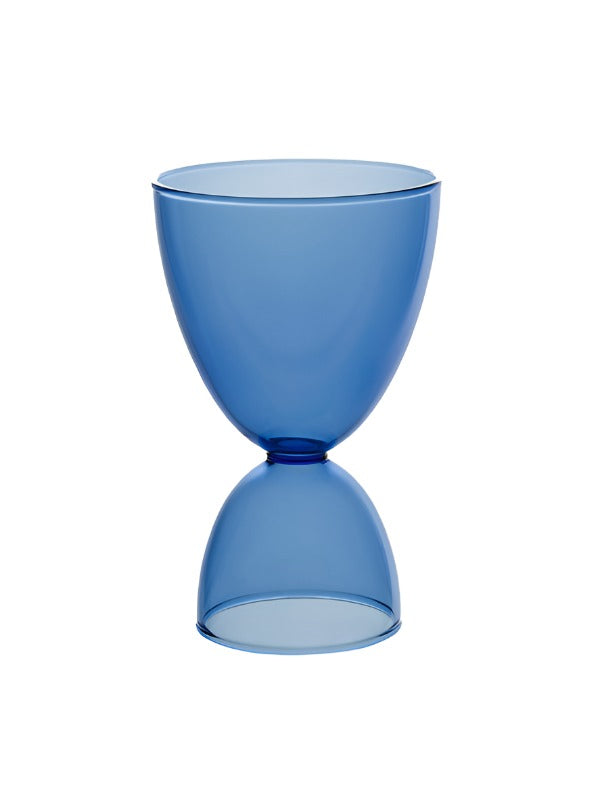Zizia's How To Guide: Taking Herbal Tinctures
Herbal tinctures are a great vehicle for receiving the medicinal benefits of plants. They're user friendly, offer results, are strong, potent, concentrated, and contain constituents found within plants that have well documented effects on improving various aspects of human health.
You can travel with them (yes, carry ons, anywhere in the world), stash them at work in your desk, take them camping, to the gym, and basically stash them in every corner of your world.
There's sometimes confusion about what herbal tinctures are and aren't, how to take them, how much, and so on. Here's a list of every question I could think up that you might have had or have. Zizia's everything you need to know guide on taking herbal tinctures.
Written and compiled by Abbe Findley, Clinical Herbalist
What are herbal tinctures?
Herbal tinctures are concentrated liquid plants extracts. Herbal tinctures and herbal extracts are often used interchangeably, but herbal extracts essentially are herbal tinctures. It is the extract of the plant that we refer to as a tincture and the process in which it is made. Tinctures are made by combining plant material, alcohol, and water to create a strong concentrated medicinal liquid extract that is taken internally. Alcohol is an excellent solvent to use and makes the strongest and most effective plant extracts compared to glycerin which is a much weaker solvent. We prefer to use organic alcohol.
Herbal tinctures contain the plants active compounds (phytochemicals), also known as secondary metabolites. These naturally occur in plants and are used as defense mechanisms to protect them against outside invaders (microorganisms, animals, insects, etc). These plant-based medicines are prepared to improve various aspects of health.
How are herbal tinctures made?
Herbal tinctures are made by combining medicinal plant material (fresh herbs and/or dry herbs) with water and alcohol using a specific alcohol percentage and ratio. This macerates (steep) together in a glass jar with a metal lid for a minimum of 2 weeks. Then, they are strained, the herbal plant material is discarded, and what you’re left with is a concentrated liquid herbal extract. The herbal plant material can be composted!
Why take herbal tinctures?
Herbal tinctures are a great vehicle for taking herbal medicine for a variety of reasons. They’re concentrated, easily absorbable, potent, effective, easy to travel with, and user-friendly. Tinctures are shelf stable and the active constituents from the plants can remain potent and active for several years after making the preparation. In addition, alcohol and the combination of water pull a wide variety of constituents into the solvent, making it an effective method for taking herbal medicine.
When do I take herbal tinctures?
I recommend taking your herbal tinctures at a minimum of two times daily, AM & PM. Though many formulas you can take up to 4x or 5x a day depending on your health concerns. In my clinical practice, I recommend people take no less than 4ml daily, 2ml each morning and night. Many of Zizia's herbal product formulas can be taken throughout the daytime as well and I typically encourage this if you can remember to take them. Several formulas work well for the in the moment symptoms, you'll notice take 1-5ml as needed listed on these formulas.
Do I take herbal tinctures before or after meals?
I recommend taking them upon waking and right before bed, leave your formulas by your bedside, bathroom, or above the kitchen sink. Either method is effective, so long as you take them consistently and in the recommended dosage. For digestive formulas, I recommend taking them before meals but they may be as helpful taken after if you happen to forget. Many of Zizia’s formulas work well for home or on the go first-aid. Examples include the:
- Relax Tincture-for in the moment angst and before bed for sleep
- 11 Flowers Tincture-as a rescue remedy, for nervous digestion, or to calm the mind
- Achy Tincture-for aches and pains, back spasms, sore muscles, and joint health
- Nerve Tincture-for calming the nervous system, try it in a higher dose for in the moment angst, 2-5ml
- Liver Tincture-before bed after a night of drinking to ease a hangover, or before a meal to improve digestion from its bitter actions
- Focus Tincture-take it right before working on a project to get in the zone and maintain concentration throughout the task at hand
Where should I store my herbal tincture formulas?
Keep them out of direct sunlight and fluctuating temperatures. Here are a few common places people stash them: on the nightstand, above the kitchen sink, near the bathroom sink, travel carry-on, in your purse, backpack, or on your office desk.
How do I take herbal tinctures?
Squeeze the white bulb several times until you reach the 1ml mark on the glass pipette. The glass pipettes on each dropper are calibrated so you can easily measure out each ml. Squeeze the liquid directly into your mouth or add it to a splash of water.
How much of an herbal tincture should I take?
Take 2ml 2-4x daily. For some formulas, you can take 1-5ml as needed. 1ml=½ a glass dropper full of tincture on a 1 & 2oz bottle.
Can I take more than one herb at once?
Yes. Often there is a synergistic effect when taking herbs with one another, they can potentiate one another to work even more effectively together. In my clinical practice I see this especially helpful in formulas for anxiety, pain, infection, and sleep. However, I always recommend starting simple, try one or two herbal product formulas at a time. That way if you find something that's helpful for you, it's easy to identify which one it was.
Should I take herbal tinctures under the tongue?
It isn’t necessary, herbal tinctures can be taken directly by mouth or added to a splash of water or juice. They work regardless, so save yourself the discomfort of trying to squeeze a pipette full of liquid under your tongue. Drop it straight on!
Do tinctures contain gluten when made with grain alcohol?
No, there's no gluten in tinctures which means there's no point in every company saying that they are selling gluten-free tinctures. By every company announcing they are making gluten-free tinctures it creates the idea that some tinctures do contain gluten, and they do not! It would be like advertising carrots as being gluten free or watermelon as gluten-free which makes no sense. It's not possible. Grain alcohol does not contain gluten even when made with a gluten containing grain. The reason being proteins (gluten) do not pass through the distillation process. Gluten is a protein and proteins are not volatile. Only volatile substances pass through the distillation process. Relax.
Are herbal tinctures vegan?
Yes, they are vegan. No animal byproducts or honey in any of Zizia's herbal tincture formulas.
Are herbal tinctures shelf stable? If so, how long do they usually last?
Yes. Due to the alcohol content, tinctures can last for years at room temperature on the shelf. Alcohol is a great preservative for tinctures. It also keeps many active compounds (constituents) effective for long periods of time.
Does Zizia use organic plants in its tinctures?
Yes, our herbal product line of tinctures are made with organic herbs.
*Last note, Zizia’s herbal tinctures are not flower essences or homeopathic remedies. They are made using a different process.
Click here to shop Zizia's Tincture Collection.
**Applies to the entire contents of all Zizia newsletters and E-Booklets. *These statements have not been evaluated by the Food and Drug Administration. This product is not intended to diagnose, treat, cure, or prevent disease. Seek expert medical advice before consuming during pregnancy, nursing, or if you are taking medications. *The contents of this newsletter is not intended to be a substitute for professional medical advice, diagnosis, or treatment. Always seek the advice of your physician or other qualified health provider with any questions you may have regarding a medical condition. Never disregard professional medical advice or delay in seeking it because of something you have read or seen in any of Zizia's educational content including newsletters, social media, and website resources.



